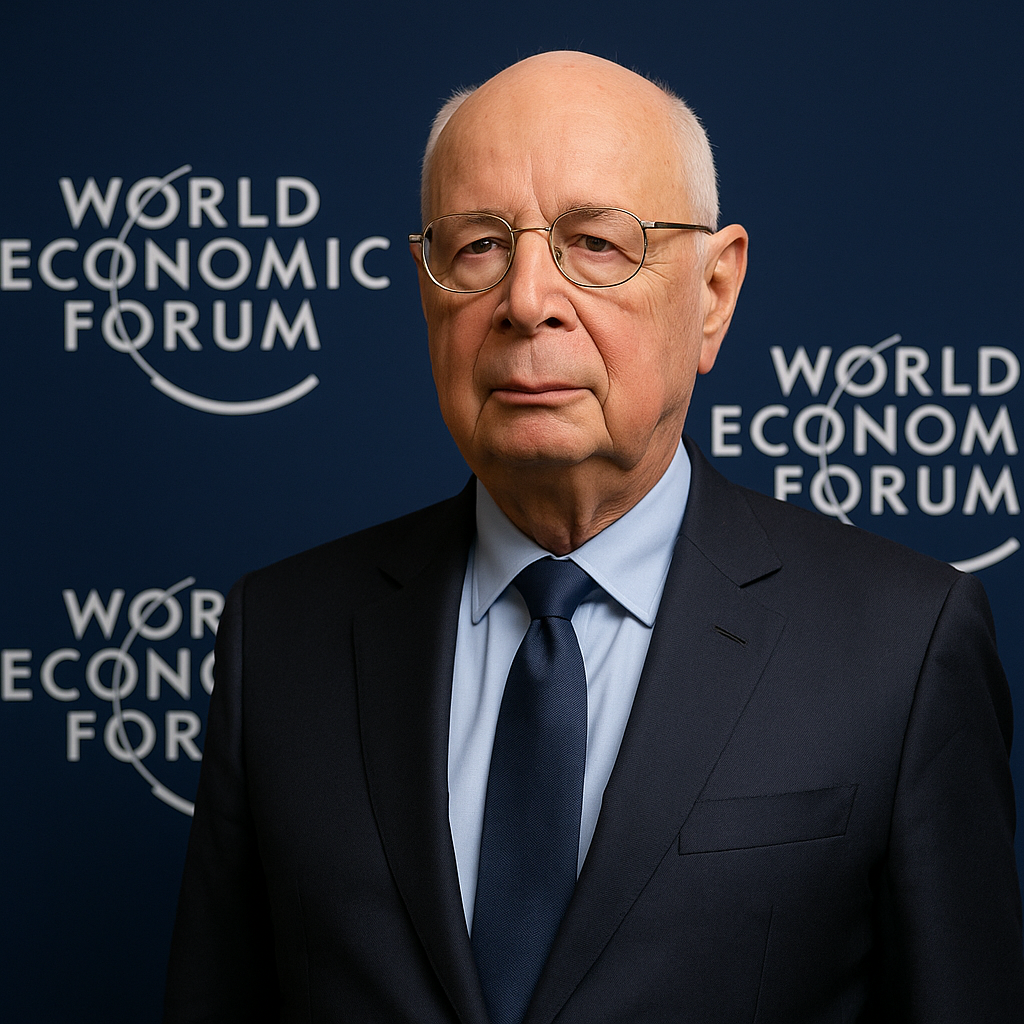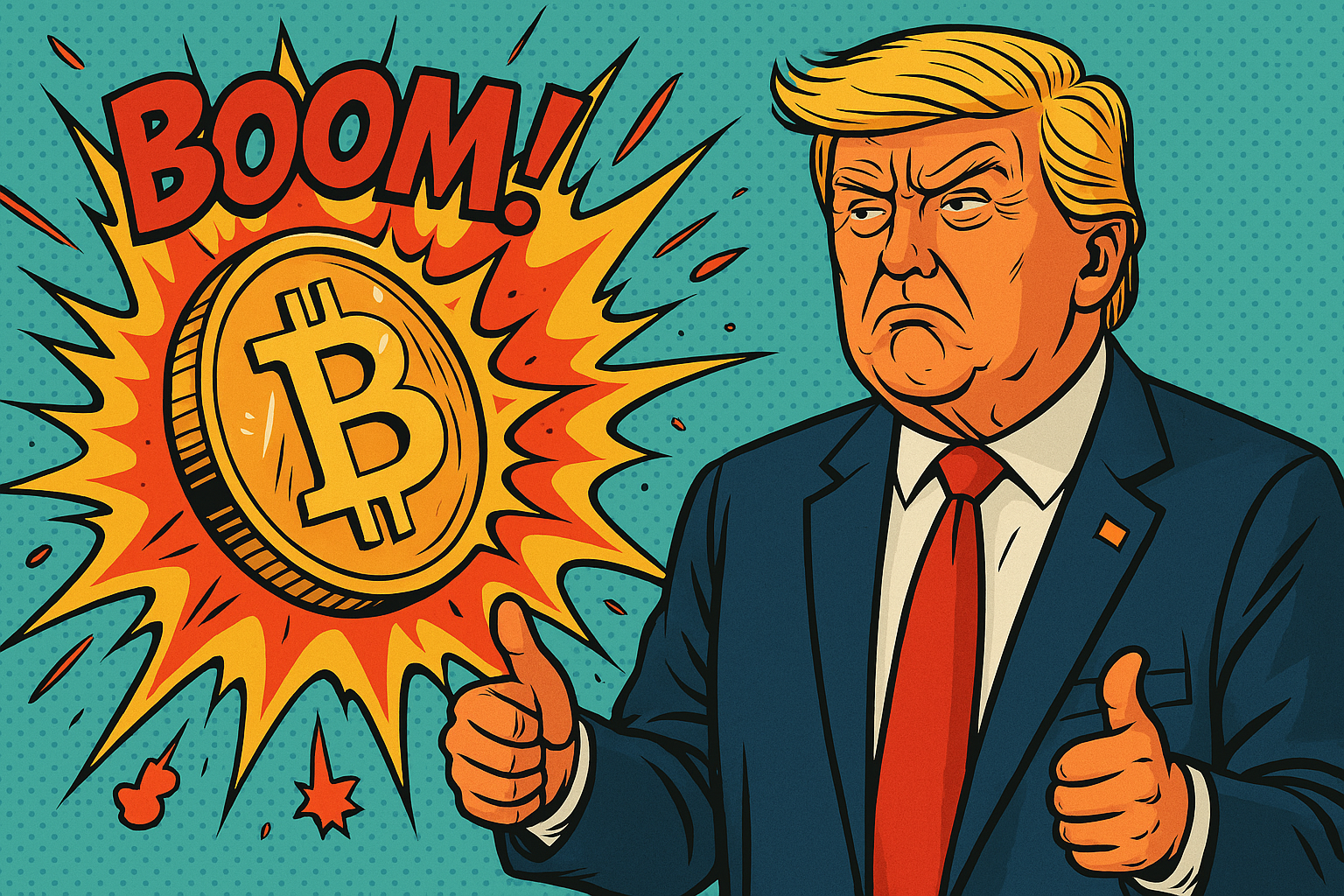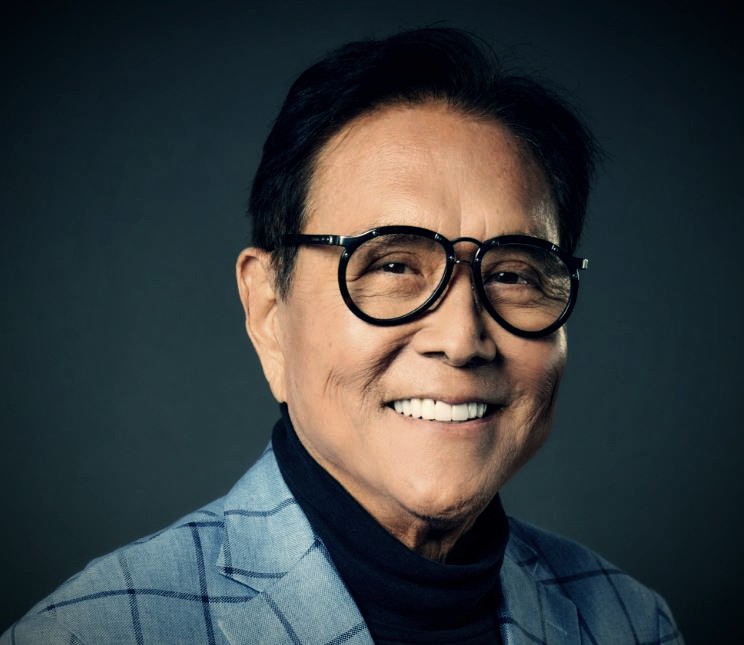Elon Musk is undoubtedly one of the most famous and influential figures of the 21st century. With his extraordinary career as an entrepreneur, engineer, and visionary, he has shaped the world in many ways. Musk has not only revolutionized the automotive industry, but has also driven advancements in space exploration, artificial intelligence, and renewable energy. However, his commitment to innovation and technology goes far beyond these areas, particularly his activities in the cryptocurrency space. His engagement with Bitcoin and Dogecoin has garnered significant attention. This article will examine Musk’s early years, his entrepreneurial journey, his vision for the future, and his special interest in cryptocurrencies.
Early Years and Education:
Elon Musk was born on June 28, 1971, in Pretoria, South Africa. From a young age, he exhibited remarkable curiosity and a technological aptitude. At the age of 12, Musk programmed a video game called Blastar, which he sold for $500. His early passion for technology and innovation continued during his youth when, in 1988, he moved to Canada to attend Queen’s University in Ontario, before later transferring to the University of Pennsylvania in the United States. Musk earned degrees in Physics and Economics and, even at that time, exhibited a clear interest in changing the world through technology.
Path to Entrepreneurship:
Musk’s first entrepreneurial venture was Zip2, a company he co-founded with his brother Kimbal in 1995. Zip2 was a platform that provided business directories and maps for newspapers. In 1999, Zip2 was sold to Compaq for nearly $300 million. Musk used much of his proceeds to found X.com, an online payment system, which later became PayPal. PayPal revolutionized online payments and was sold to eBay in 2002 for $1.5 billion. This success provided Musk with the capital he needed to fund his visionary projects.
Tesla: Revolutionizing the Automotive Industry:
In 2004, Musk joined Tesla Motors, a company founded by Martin Eberhard and Marc Tarpenning. Musk took the role of chairman and invested in the company before becoming CEO in 2008. Under his leadership, Tesla became the driving force behind the development of electric vehicles that are not only more environmentally friendly but also offer better performance compared to traditional cars. Tesla introduced the world to the Tesla Roadster and later the Model S, Model 3, and Model X, challenging the entire automotive industry. Musk has committed to accelerating the transition to sustainable energy, making Tesla one of the most valuable car manufacturers in the world.
SpaceX: The Dream of Mars Colonization:
In addition to Tesla, Musk founded SpaceX (Space Exploration Technologies Corp.) in 2002, a private aerospace company with the ambitious goal of revolutionizing space travel and making humanity a multiplanetary species. SpaceX has achieved numerous breakthroughs, including the development of the Falcon rockets, the first private spacecraft to carry astronauts to the International Space Station (ISS), and the reusable Falcon 9 rocket. Musk’s long-term goal is to colonize Mars, which he considers critical to the survival of humanity.
Neuralink and The Boring Company:
In 2016, Musk founded Neuralink, a company focused on developing brain-computer interfaces. Neuralink aims to enable direct communication between the human brain and computers, which could have significant medical applications and play a crucial role in the development of artificial intelligence.
In the same year, Musk also founded The Boring Company, with the goal of revolutionizing the transportation system by building tunnels under cities to bypass traffic. The Hyperloop transport concept, which Musk proposed for fast and efficient travel in specially designed tubes, is also part of this initiative.
Musk and Cryptocurrencies:
One area that Musk has shown particular interest in is cryptocurrencies, especially Bitcoin and Dogecoin. In recent years, Musk has consistently influenced the cryptocurrency market through his tweets and public statements. He demonstrated strong interest in Bitcoin, which was evident when Tesla bought $1.5 billion worth of Bitcoin in February 2021 and announced that it would accept Bitcoin as payment for Tesla vehicles. This decision had a significant impact on the price of Bitcoin.
However, Musk’s stance on Bitcoin is somewhat ambivalent. In May 2021, Tesla announced that it would suspend Bitcoin as a payment option due to the high environmental costs associated with Bitcoin mining. This led to significant volatility in the cryptocurrency market, with Bitcoin’s price experiencing sharp fluctuations. Later, Musk expressed concerns about Bitcoin’s energy consumption and emphasized that Tesla would only reintroduce Bitcoin as a payment option once the cryptocurrency switched to more sustainable energy sources.
Musk also expressed great interest in Dogecoin, a cryptocurrency initially created as a joke. Through repeated tweets and public statements, Musk contributed to making Dogecoin one of the most well-known altcoins. Musk’s statements have had a massive influence on cryptocurrency markets, sparking discussions about the ethical implications of influential figures in this space.
Leadership Style and Controversies:
Musk is known for his unconventional leadership style. He is often described as extremely demanding, leading to an intense company culture in his firms. Many employees report high work pressure and extreme expectations. Nevertheless, Musk has a passionate following that admires his vision and ability to achieve ambitious goals.
However, Musk has also faced several controversies. His public statements, both on Twitter and in interviews, often spark significant attention. Musk has clashed with the U.S. Securities and Exchange Commission (SEC), particularly in 2018 when he tweeted that Tesla was “going private,” leading to an investigation and financial penalties. His views on the COVID-19 pandemic, his stance on artificial intelligence, and his handling of criticism have also led to public debates.
Conclusion:
Elon Musk is undoubtedly one of the most influential figures of the modern era. Through his entrepreneurial vision and investments in groundbreaking technologies, he has not only challenged existing industries but also changed the way we think about mobility, space exploration, artificial intelligence, and energy. Musk’s particular interest in cryptocurrencies, especially Bitcoin and Dogecoin, and his ability to influence the markets with his statements have highlighted his impact on the digital finance world. Despite his success, Musk remains a controversial figure, with his leadership style and public remarks often sparking debates about his visions and responsibilities. Regardless of one’s perspective on him, it is clear that Musk will continue to play a central role in shaping the technological future.



